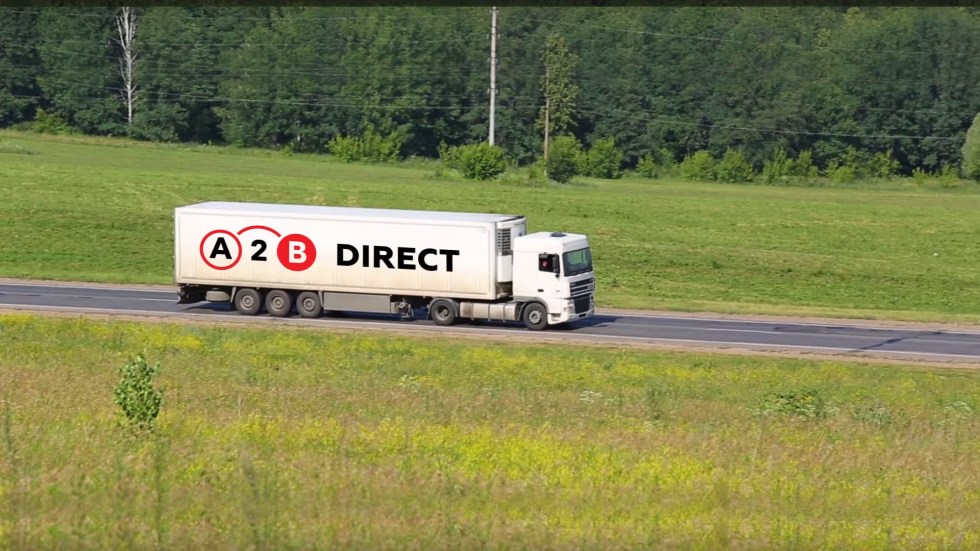The logistics industry has been in thrall to intermediaries and bureaucrats for decades, if not centuries. Smugglers and con artists have used its infrastructure to run their illicit businesses. Complexities of supply chains and cargo tracking, as well as enormous forwarding expenses and ceaseless document flow, have resulted in a serious increase of expenses. This all might change, however, with A2B Direct rolling out its innovative blockchain solution that some have already dubbed a ‘freight Uber.’
Disrupting the Industry
Logistics isn’t just about making sure a cargo travels from one city to another. It’s about taking care of customs clearance, drawing up all necessary papers, agreeing and re-agreeing to everything over and over again, contacting drivers, customers, and state officers, dealing with security issues, addressing payments issues, and hundreds of other problems.
All of these complications have caused the entire industry to become cumbersome. The slightest deviation from a planned schedule might discontinue the entire supply chain.
Supply chains themselves also tend to be too long for any proper auditability. There are instances where it becomes fairly impossible to find even something as simple as the place of a product’s origin.
A2B has offered an elegant solution to all those problems. Its new Uber-like platform directly connects customers with contractors and ensures complete traceability of cargo while taking care of all paperwork, which includes but is not limited to insurance and legal issues.
Thanks to the platform, a cargo owner may easily find the best customer for their purposes online, while the freight forwarders may be sure that all issues are taken care of, and find the best deals nearly instantaneously.
This alone could suffice to completely change the rules of the entire game, however, A2B opted to develop its solution even further, and transfer it onto blockchain.
Integrating Blockchain
Blockchain has been a somewhat buzzword for multiple industries in the recent years. News concerning its implementation in different areas like property rights or finance pop up every now and then.
However, even though it seems to perfectly fit as the cure the vicissitudes of international transportation businesses, there are only a handful of projects that address this area, and neither of them has dared to work with the entire industry so far.
Blockchain technology could automatically trace all parts of the industry, including movements of trucks, execution of documents, and so on. Additionally, it is capable of working with the paperwork itself, thus moving intermediaries even further from the business. Finally, it can offer what no centralized solution could dream about: a totally tamper-proof environment that is completely auditable.
It all could make the entire industry transparent while seriously cutting expenses on running a business. For that reason, blockchainizing a solution that has already significantly simplified everything for cargo owners and freight forwarders seems a perfect idea.
A2B’s platform has already garnered support from some government institutions as well as stakeholders in local telecom, oil and gas, and insurance industries. Even though it currently operates in the Eastern Europe, it intends to expand to the developed economies of North America and Western Europe.
As blockchain enters more and more industries these days, such movements may signify that in a few years the technology will be able to empower the entire economy, and the world of tomorrow will finally become the world of today.
Are blockchain-based logistics platforms like A2B the answer to better supply chain and cargo tracking? Let us know what you think in the comments below.
Images courtesy of A2B Direct, Shutterstock
